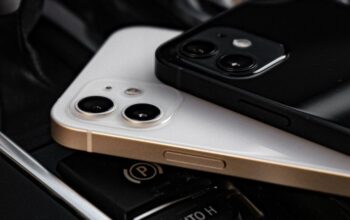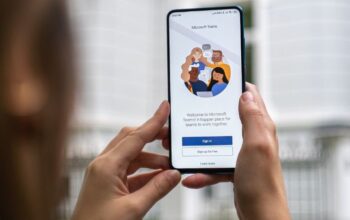If you have GPS and location services turned off on your smartphone, does that mean you’re safe from being tracked? Unfortunately, no. Even with these features turned off, apps that track your phone’s movements can still make maps of where you’ve been—and even send that information back to their creators. The good news is that there are some steps you can take to ensure the privacy of your location information. Here are some things to keep in mind when it comes to protecting your location data.
How it works
When you carry your phone with you everywhere you go, it quickly becomes a valuable source of data about your movements and whereabouts. Even if you turn off GPS and location services on your phone, it’s still possible for others to track your movements by using the data from your phone’s other sensors. For example, someone could use the accelerometer data from your phone to track how fast you’re moving and infer whether you’re walking, running, or driving.
Your typical speed while driving is 30 miles per hour, but it changes depending on the road type (major highways are much faster than side streets). Another sensor called an ambient light sensor can tell whether you’re indoors or outdoors based on how bright your screen is. If a user has geotagged any social media posts that were tagged with their location, this information also provides clues about where they are.
How to stop tracking
Here are a few ways to help keep your whereabouts more private:
- Use a security app that encrypts your messages and phone calls.
- Don’t use public Wi-Fi hotspots.
- Choose apps that don’t require location permissions.
- Don’t click on links in unknown emails or texts.
- Keep your software up to date.
- Avoid connecting your device to public charging stations.
- Regularly back up your device to protect against hacks or malware breaches, which could lead to identity theft.
- Know the risks of using Bluetooth devices such as smartwatches and fitness trackers so you know when it is appropriate not to turn them on in order to avoid revealing your personal information and location data. Turn off Bluetooth when you’re indoors to reduce the chance of people hacking into your home network. Wearables like Fitbit and Apple Watch allow some tracking without broadcasting anything through Bluetooth or cellular networks.
What should you do?
If you’re concerned about your privacy, there are a few things you can do to limit how much information your smartphone broadcasts. First, avoid using apps that require your location. If you must use them, only do so when you have an active internet connection so that your location data isn’t stored on your device. Second, disable Bluetooth and NFC when you’re not using them.
These features can be used to track your device even when it’s not in use. Third, make sure all of the other wireless connections – Wi-Fi, mobile data, GPS – are turned off if you don’t need them. Fourth, download an app like Tasker or Llama for Android or Profile Manager for iOS which will automatically turn these settings on and off depending on your environment. Fifth, try to keep the battery from draining completely by turning off Wi-Fi and mobile data when you’re at home or work. Sixth, manually go into your phone’s settings to change which apps are allowed access to your location at any given time (as opposed to leaving it as default). Seventh, enable Airplane Mode before going to bed.
That way no one can track you while you sleep. Finally, read through the permissions that your apps ask for before downloading them so that you know what they’ll be able to see or do on your phone once they’re installed.



